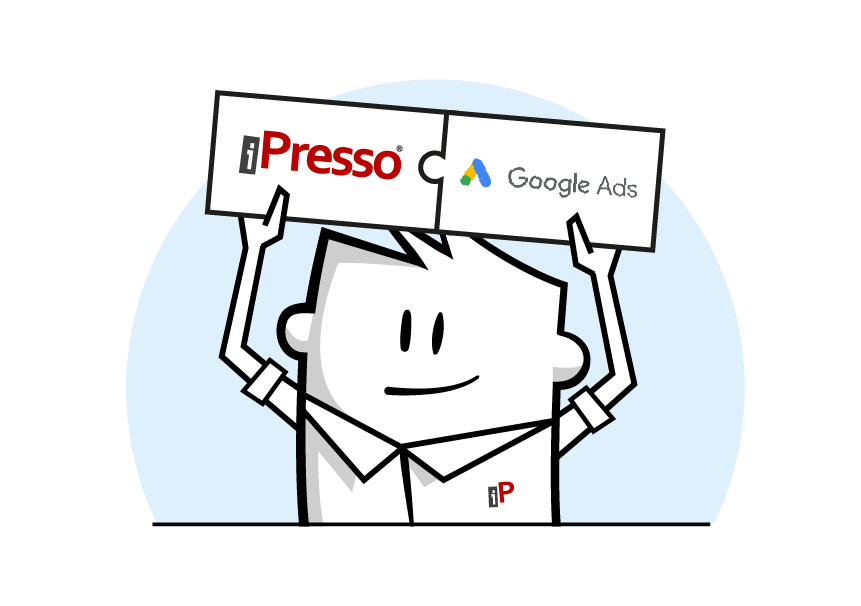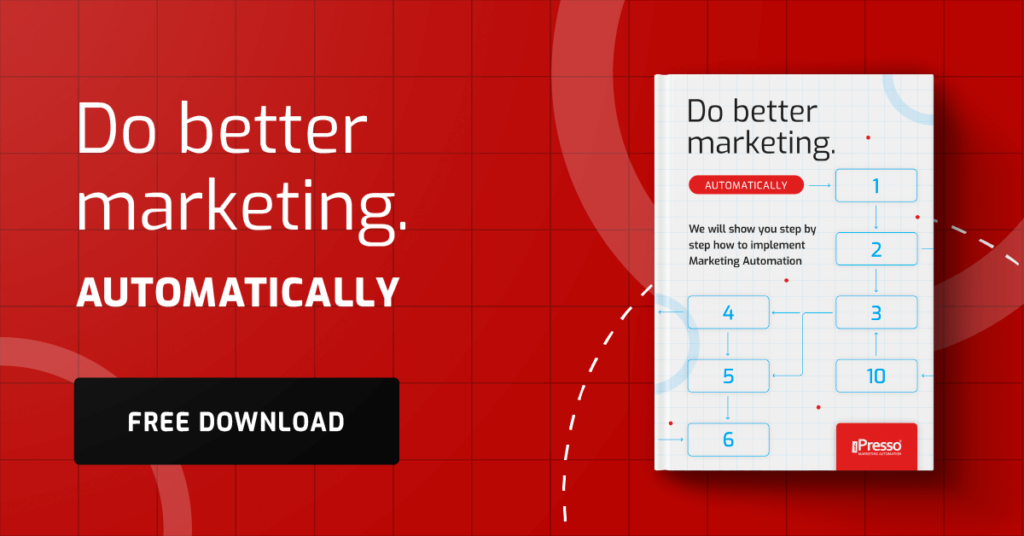What is content marketing and how to create valuable content?

The marketing world is rushing forward. Competition is growing like mushrooms. Recipients have seen almost everything. How to reach the target audience with something new? How to stand out? An effective help will be content marketing, which uses valuable content to attract attention and build better brand awareness. Faced with this, how to create content marketing that is effective? How do you build an image as an expert in your industry?
What is content marketing?
A little theory to get you started. Professional content marketing is a marketing strategy that involves creating, publishing and distributing valuable content. Content marketing should appeal to the audience – that is, it should arouse their interest and encourage engagement. But beware – content is not just written content. You can create it in various forms – articles, blogs, videos, podcasts, infographics and many, many more. A content marketing strategy has an overarching goal – thoughtful content marketing, which means telling a story (storytelling) and providing your audience with information that is valuable to them. And, by the way, not written for indexing robots, but by people for people.
What advantages does content marketing have?
We know very well that the magic of online advertising is slowly ceasing to work on most customers. Internet marketing is cool, running ad campaigns is too, but there is just too much of it. People are feeling overstuffed. Unfortunately, a lot of companies are also going for the lowest line of resistance and adapting the solutions of their competitors, as a result, online marketing creations seem so similar to each other to us. So, as the saying goes, one of the best marketing strategies is to stand out – and nothing is more useful here than content marketing, also known as content marketing.
The first advantage of content marketing is that it can build trust and authority. The goal of content marketing should not be to promote your business in a literal, dovish way. It’s better and more effective to do it in a veiled way. Good content marketing portrays you (and your business) as an expert, which emphasizes credibility and after a while will (as long as you are patient and consistent) make customers trust you.
What else is an advantage of effective content marketing? Increasing your website’s visibility in search engines. Search Engine Optimization is a key component of content marketing. By tailoring your content marketing content to relevant keywords (in conjunction with optimizing your website itself, mind you) you will improve your visibility in search engine results. And this will translate into an increase in visitors and ultimately sales. If you don’t run eCommerce and don’t sell on your website, don’t neglect effective content marketing anyway, which affects SEO and builds your brand recognition.
It’s worth betting on content marketing and creating content that appeals to customers, especially when you don’t have a lot of money available for online advertising. Patiently building valuable content will sooner or later be noticed and will promote your site completely free to higher search engine positions. We wrote more about the impact of content marketing on SEO here.
Content marketing will generate traffic to your website. The more valuable the content, the more fruitful the traffic. Ultimately, this will translate into more customers, or at least potential customers – but the main condition is to get them interested in what they are looking for. And how to know what they are looking for? You’ll check it in Google’s keyword planner or Google Analytics – for example, if you have an online store, it’s a good idea to analyze typed phrases in the search engine built into your site.
Internet content marketing is also a tool for building closer ties with your customers. Again – by providing valuable content marketing you help your audience solve their problems and address their concerns. People appreciate when someone gives them answers to their questions in a clear and simple way.
How to do effective content marketing?
E-A-T. It’s not about food. It’s Google’s guidelines related to evaluating the quality of websites.
Expertise (specialization) – content on a site should be based on knowledge from experts.
Authoritativeness (authority) – a quality website is one that is considered an expert in its field.
Trustworthiness – the site inspires confidence in visitors. It works quickly, does not clutter the screen with pop-ups and ads, and has an SSL security certificate
Google is sometimes enigmatic in explaining how the algorithm works, but it can be assumed that websites meeting the E-A-T guidelines are organically ranked higher in search results.
Published content marketing content should therefore be as substantive as possible, but don’t forget the basics. If you want to pretend to be an expert voice, don’t make typos, grammatical errors, in a word, don’t write sloppily. Even if indexing robots won’t mind, readers may be alienated.
Text length also matters. It should not be too short, but we also advise you to avoid pouring water and artificially lengthening your content marketing content. No one (except robots) will want to read multiple repetitions of the same given in a slightly altered form. Length can vary from topic to topic, and over time – by publishing more and more – you will learn to judge whether there is a balance between the quality of the content and the size of the post.
The site on which you publish content marketing content should be trustworthy – this is especially true of the SSL security certificate. A red alert on the browser bar that will alienate the visitor and make them distrust you is the last thing you need.
Avoid copying content from other websites – first of all it’s not elegant, secondly it’s easy to detect. If a bigger scandal comes out of it, it won’t be easy to regain the trust of disappointed readers.
To get the full benefit of content marketing have a goal – it doesn’t have to be a content publishing strategy written out a year ahead right away, but some basic intent and idea for content should be there. Creating content marketing without order and throwing in ad hoc content will mess with your audience’s heads. Publish thoughtful texts (spread out, for example, two weeks ahead) and do it regularly to get your readers used to fixed publication dates.
How will Marketing Automation help you realize the potential of content marketing?
Marketing Automation is a powerful tool. But still, it’s only (or as much as) a tool that won’t do much without being powered by data and content. This is where there is room for content marketing. We’ll demonstrate with an example.
Well done content marketing full of valuable content attracts new visitors to your website, who are eager to read what you write. Now it’s time to convert visitors into promising leads. We suggest using gated content – that is, content that a user accesses after performing a specific action, such as signing up for a newsletter. This works a bit like the paywall behind which articles in online editions of newspapers are hidden. Such gated content can be e-books, access to webinars, etc.
This is how you get a lead, which Marketing Automation “takes over.” Depending on what customer data you get, you can, with the help of Marketing Automation, use it in various forms of communication with the customer and sustain their interest in your company’s services or products. You can plan all communication activities with the recipient in Marketing Automation scenarios.
A potential customer provided a phone number? Great. Using the data about his activity collected by the Marketing Automation system that monitors the site, it is worth “talking” using SMS or WhatsApp messenger.
Of course, marketing automation gives you countless opportunities to communicate and tie the customer to your brand. Combined with valuable content, it can work wonders and take your marketing to an even higher level. Which we very much wish for you!



